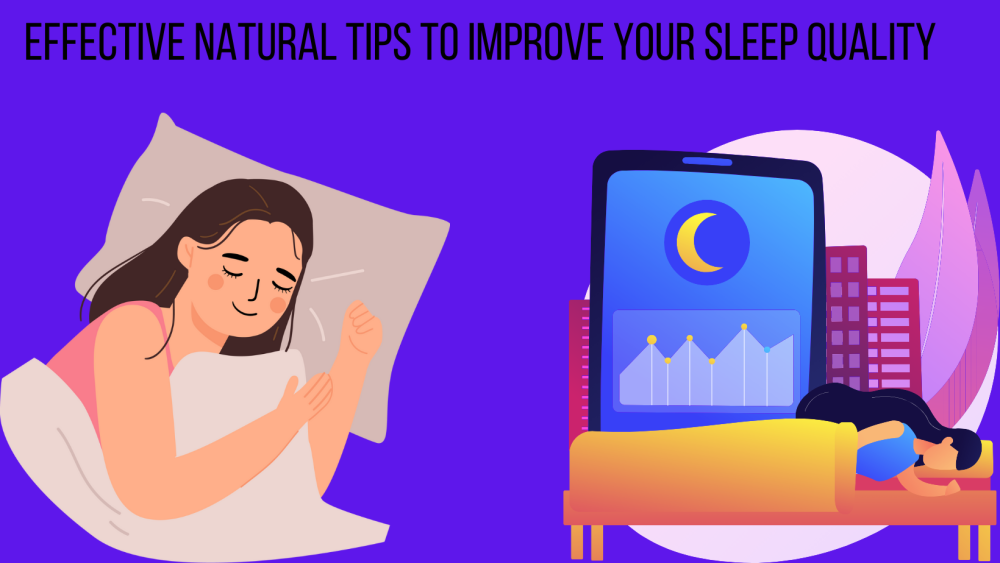
Sleep reigns supreme when it comes to my health and wellbeing. It’s the unsung hero behind my focus, energy levels, and mood each day. But when the sandman plays hard to get, the struggle can feel all too real. It’s not just about clocking in hours, Quality matters.
I’ve seen this in myself and heard it echoed in countless conversations: stress, worry, and the relentless pace of life often hijack our much-needed rest. Tossing and turning become the norm, and we wake feeling like we’ve run a marathon in our dreams.
What’s more, sleep deprivation isn’t just about feeling groggy. It can mess with memory, concentration, and even our immune system’s ability to ward off illnesses. It’s no wonder I’m always on the lookout for ways to enhance those Zs.
Now, the scene is set for something that doesn’t come in a pill bottle but could be just as potent for coaxing those eyelids to close. That’s right, I’m talking about essential oils, nature’s own sleep potion. Next up, let’s unravel what these fragrant wonders are all about.
Introduction to Essential Oils and Their Therapeutic Properties
Essential oils are more than just pleasant scents; they’re highly concentrated plant extracts that offer a multitude of therapeutic benefits. These powerful botanicals are harnessed from various parts of plants, including flowers, leaves, bark, and roots, through processes such as distillation or cold pressing.
The fundament of aromatherapy lies in how these aromatic compounds interact with our body, particularly the brain. When inhaled, the aroma molecules travel from the olfactory nerves directly to the brain and impact the amygdala, the emotional center of our brain. This interaction can trigger immediate changes in mood and stress levels, which is why aromatherapy is often used to manage emotions and create a relaxing atmosphere.
Bearing in mind the calming effects essential oils can have, it’s no surprise they are considered potential allies in the pursuit of better sleep. By promoting relaxation and reducing anxiety, they can create an optimal environment for rest. Their use can influence the body’s internal clock and help signal that it’s time to wind down, preparing for a restful night ahead.
Evidence-Based Insights: How Essential Oils Can Enhance Sleep Quality
Numerous studies have explored the connection between the use of essential oils and the improvement of sleep quality. A particular focus has been placed on oils such as lavender, which is frequently cited for its calming properties. For instance, research published in the Journal of Alternative and Complementary Medicine found that inhalation of lavender oil before bedtime improved the sleep quality of participants with insomnia.
Chamomile is another essential oil that’s garnered attention for its sleep-promoting benefits. A study in BMC Complementary and Alternative Medicine reported chamomile’s potential in providing better-quality sleep. Its mild sedative effects may contribute to a more restful sleep experience.
Beyond individual oils, the method of application plays a crucial role in their effectiveness. In the case of sleep, diffusion appears to be a particularly beneficial method. By dispersing the essential oil’s particles into the air, a diffuser allows for gradual, sustained release throughout the night, supporting longer periods of uninterrupted sleep.
Topical application is another common method, where diluting essential oils with a carrier oil and applying them to pressure points can induce relaxation. Yet, caution is key. It is important to conduct a patch test to prevent any adverse skin reactions and to follow dilution recommendations strictly.
While scientific research is promising, it’s important to maintain realistic expectations. Essential oils are a complement to other sleep hygiene practices, not a standalone cure. Ensuring a quiet, dark sleeping environment and maintaining a consistent bedtime are also crucial for improving sleep quality.
Incorporating Essential Oils into Your Bedtime Routine
By now you understand the potential benefits essential oils can bring to your sleep routine. I want to make sure you have actionable steps to seamlessly weave them into your night. Let’s start with a simple strategy: add a few drops of lavender or chamomile oil to your diffuser about 30 minutes before bedtime. This allows the aroma to fill the room, creating a calm environment conducive to sleep.
Experimenting with blends can also be a powerful approach. Consider mixing vetiver for its grounding properties with bergamot, which can reduce tension. Remember, the goal is to find a combination that resonates with your senses and promotes relaxation. Just be mindful of the quantities – a little often goes a long way.
If you prefer direct skin application, dilute your essential oil with a carrier oil like coconut or jojoba before massaging it onto your pulse points. This method can have a dual benefit: the physical touch can be therapeutic, and the essential oil’s properties are activated by your body’s warmth.
As for purchasing essential oils, prioritize Quality over price. Look for pure, organic oils from reputable suppliers. Watch out for any that mention ‘fragrance’ or ‘perfume’ on the label – these are usually synthetic and lack therapeutic benefits.


Recent Comments